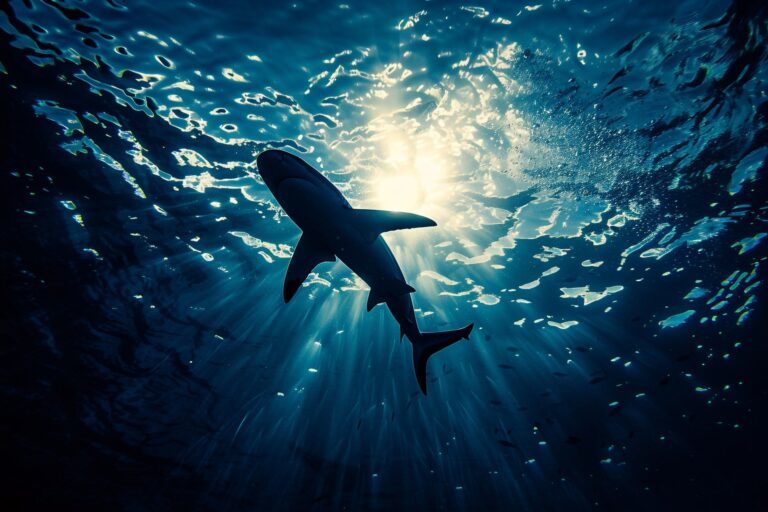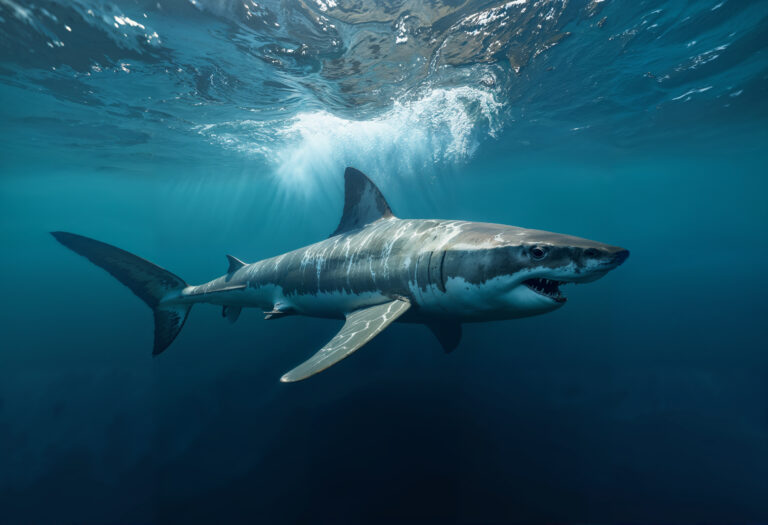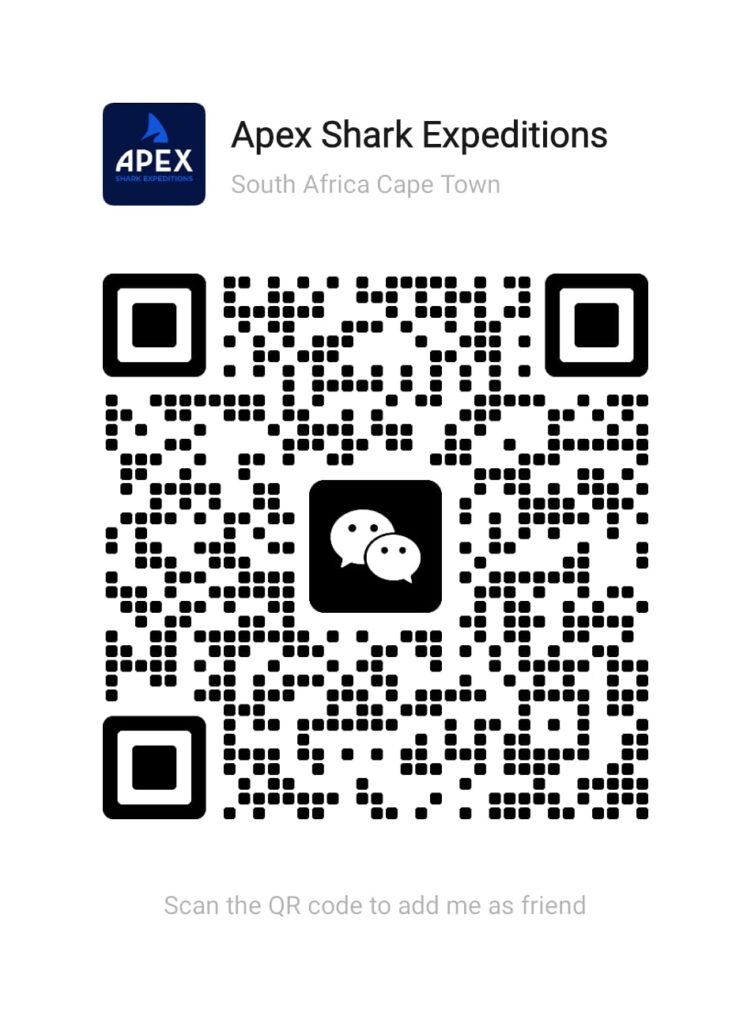By Courtney Cooper
A Deep Dive into Cape Towns Great White Shark History
The 22nd of August 1996 was a significant day for Great White Shark ecotourism in Cape Town.
The idea of towing a lifejacket behind a tiny rubber inflatable boat resulted in the first-ever Great White Shark breach observation at Seal Island, in False Bay and the start of the world’s fascination with breaching Great White Sharks.
“Little did anyone know what a world-renowned phenomenon Seal Island’s flying sharks would become.”
Up to this point, Great White Sharks had a long history in False Bay. The first Great White Shark attack took place at Windmill Beach in 1901. Post the Oscar-winning movie, Jaws, False Bay became a hot spot for fishing for Great White Sharks in the 1970’s. Approximately 100 Great White Sharks were caught and killed by sport fishermen between 1975 and 1990. In this article, we take a deep dive into Cape Towns great white shark history.
We also discuss further shark facts that you might be interested in! Apex Shark Expeditions provides the best great white shark cage diving in Cape Town.

Shark Cage Diving
The first shark diving operation was started in False Bay in 1988 by George Askew and PJ van der Walt. They strongly believed they would find Great Whites at Seal Island in the summer months due to the warmer water and hundreds of seal pups around the seal colony. They were unsuccessful in their attempts.
22 August 1996 was the first successful attempt to find Great White Sharks at Seal Island. This finding led Chris Fallows and Rob Lawrence to establish the first successful shark diving operation in Cape Town. Today there are several permitted shark cage diving companies operating from Simon’s Town.
What set Seal Island apart from any other Great White Shark location in the world was the predatory behaviour between Great White Sharks and Cape Fur seals. As of 2018, just over 10,000 predatory events were recorded at Seal Island by the Apex Shark Expeditions team. There is no White Shark predatory event database of its kind in the world, with no less than 20 scientific papers that have been peer-reviewed and published from the data collected.
False Bay was home to the largest average size of Great White Sharks in South Africa with the average size of a shark being 3.5 meters in length. A large Great White Shark is a truly impressive animal and to see one is a life highlight.
Decline in Great White Shark Sightings
Sadly, in the past few years, there has been a dramatic decline in Great White Shark numbers and sightings across all three of the Great White Shark hotspots in South Africa. This is due to a combination of factors such as climate change, the threat of orca predation, and most likely, the loss of the food source of the Great White Shark.
The fishery for Smoothhound and Soupfin sharks has been unsustainably managed by the Government to a state where both these shark populations are in collapse. Despite the dire situation, the Demersal shark longline fishery (for the above species) continues to fish with no restrictions on total catch or size.
Nature has a way of adapting and with the almost complete departure of Great White Sharks from Seal Island, a niche opened, and we recorded the first arrivals of Sevengill sharks to Seal Island in 2018.
Thereafter, in 2021, we started cage diving with the Bronze Whaler Shark. These large predatory sharks are generally very interactive, coming close to cages, and are very inquisitive. The trips these past years have been equally successful and guest feedback on dives with these other species has been outstanding.

Seal Island
False Bay as a location has so much more to offer than a shark dive. 64,000 cape fur seals crowd Seal Island, the rock that they call home. It is the largest island-based seal colony in Africa and as it is a breeding colony, the different cycles during the year are fascinating to observe. All types of seal behaviour such as breeding, pupping, parental care, playing, and surfing can be enjoyed.
Whales and Dolphins
The Bay is home to a plethora of marine wildlife. Baitfish in the form of sardines and anchovies are the calling cards of the other members of the ecosystem. Mega Pods of common dolphins, numbering up to 2000, are often present and can be observed feeding. Huge flocks of Cape Gannets and thousands of Cape Cormorants also join in. Semi resident to False Bay, Brydes whales, are also part of the show. From June to November, migrating Southern Right and Humpback whales use False Bay’s shallow bays to breed and give birth.
Taking a shark-cage diving trip out of Cape Town will provide you with a rich and highly memorable all-around wildlife experience.
Apex Shark Expeditions provides the best shark cage diving in Gansbaai, as well as, shark cage diving in Simons Town. We also look at the history of shark cage diving in Cape Town.




